Mignolet on track to win Golden Glove, but it only points to Rodgers' failings
Liverpool's Belgian keeper has notched a league-high 14 clean sheets this season, but James Dutton says it points to a wider problem that's brought the Reds down this season...
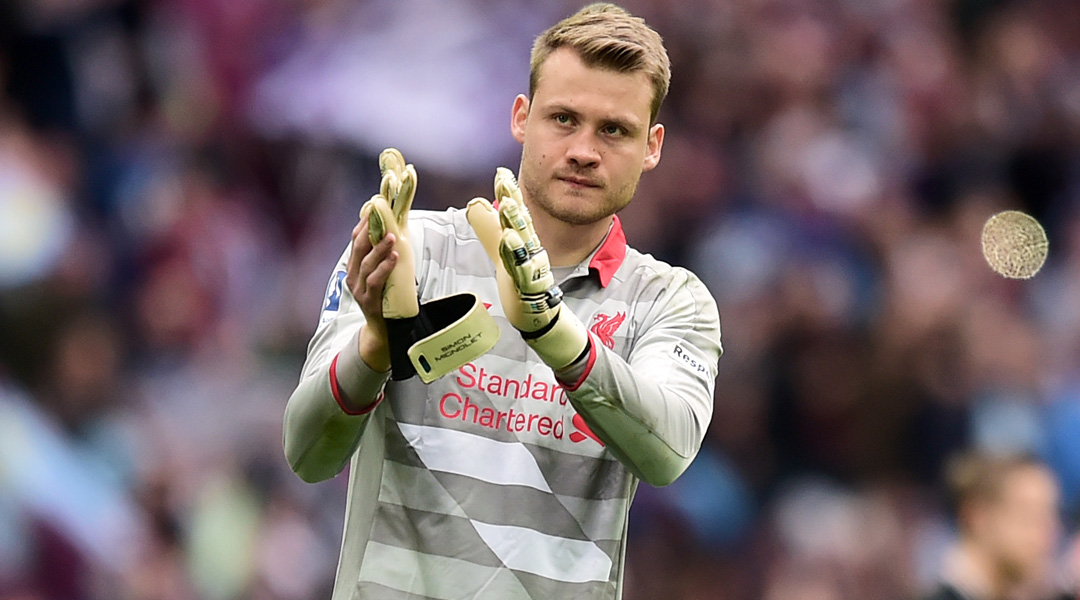
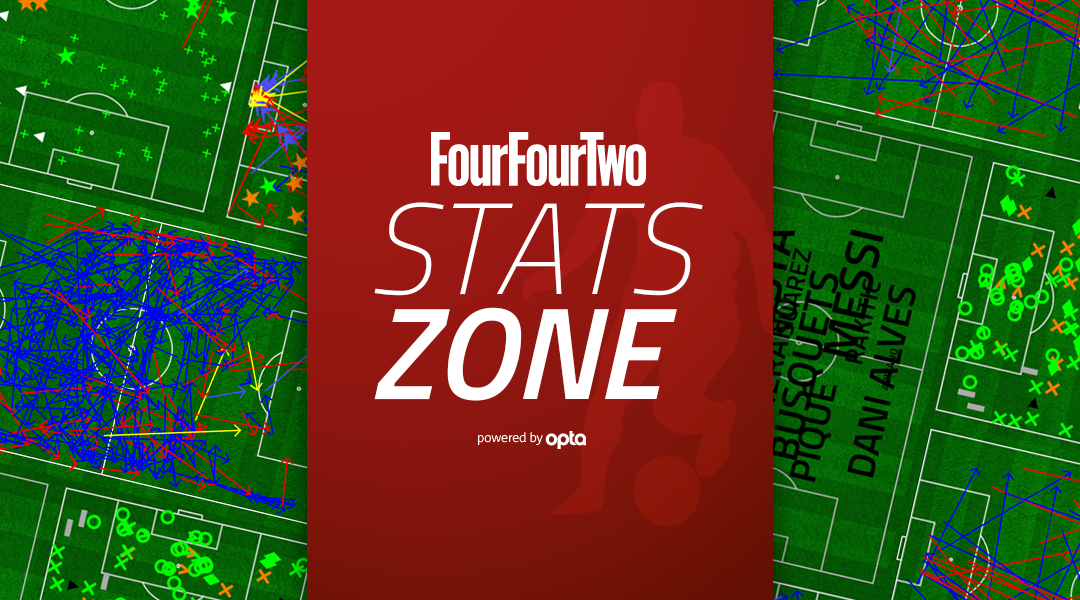
"I felt I had to change it because we have to find solutions throughout the squad to be better. I said to Simon that it's for an indefinite period." Those were the words of Brendan Rodgers in December after Simon Mignolet was dropped for Liverpool’s visit to Old Trafford. It represented the culmination of a catastrophic run of form for the Belgian No.2, who'd been dubbed “worse than Dracula” by club legend Bruce Grobbelaar. The Transylvanian vampire at least came out of his coffin – Mignolet stayed rooted to his goal-line.
Thankfully for the Belgian, his replacement was Brad Jones, a 33-year-old reserve goalkeeper who's made only 109 league appearances in his 13 seasons as a professional footballer. The Australian conceded five goals from nine shots on target in the club’s next two league fixtures, before a thigh injury sustained at Burnley on Boxing Day cut short his sojourn in the first team, granting Mignolet a stay of execution.
Keeping clean
Since completing 75 minutes at Turf Moor, Mignolet has conceded only 12 times in 15 league games, keeping nine clean sheets – including a club record six consecutive shutouts on the road.
Before being dropped, Liverpool's No.1 had conceded 19 times in the first 15 league games of the season, keeping only three clean sheets. The goalless draw at West Bromwich Albion on Saturday was his 14th of the campaign, and saw him climb past Fraser Forster in the season’s Golden Glove rankings.
Following the heavy criticism that came his way from Gary Neville and Jamie Carragher on Monday Night Football after Phil Jagielka’s thunderbolt equaliser in September’s Merseyside derby, Mignolet has made the big saves that have won points for Liverpool – particularly away at Aston Villa and Swansea.
It’s a remarkable turnaround since the dark days of mid-winter, as much a consequence of the manager’s mission to make the Reds more defensively solid as his own marked improvement.
Get FourFourTwo Newsletter
The best features, fun and footballing quizzes, straight to your inbox every week.
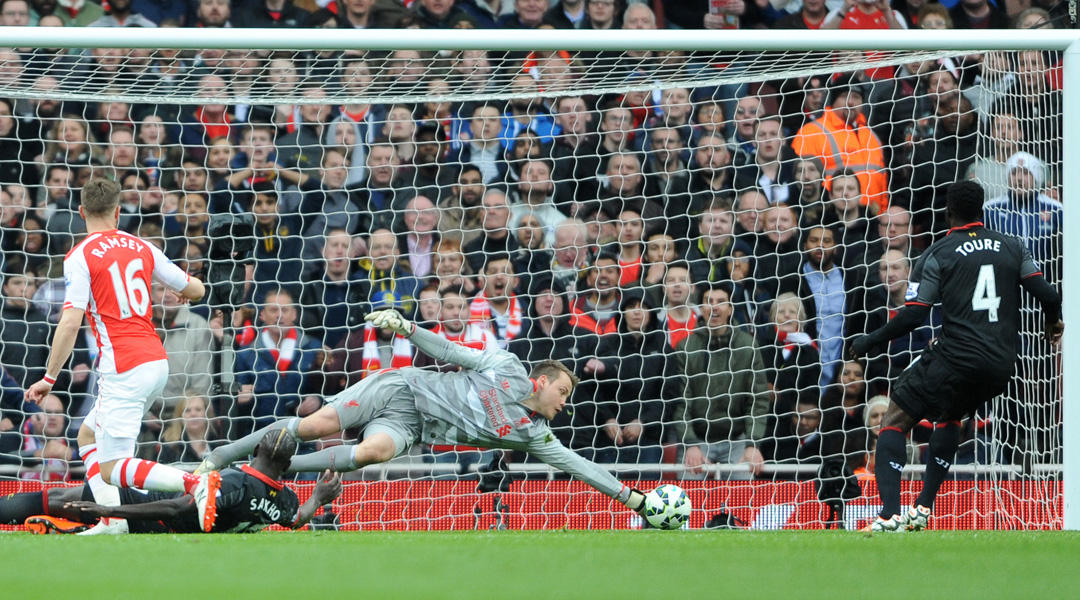
Yet it’s this deliberate tactic from Rodgers that has cost Liverpool a top-four place this season. By improving his side's defensive record and seeing their attack cause less mayhem, the Reds have visibly regressed. Liverpool have scored 46 fewer goals than at this stage a year ago – to be expected given the departure of Luis Suarez and injuries to Daniel Sturridge – but they have conceded only five fewer.
Rodgers was implored to improve Liverpool’s defence, something he recognised after the 3-3 draw at Crystal Palace last May: "It's an area that we know we need to be better at. We've improved a lot in many aspects of our game and that will be an area I'm sure we'll look at – and nobody more so than myself."
It was an understandable response to those chaotic 11 minutes that saw Liverpool’s three-goal lead obliterated, but it marked the end of the swashbuckling, relentless attacking football that propelled them to within three games of that elusive maiden Premier League title. The fluid movement, off-the-ball harrying and pressing has returned in only spits and spurts this year.
By the wayside
Rodgers’ brand of football this season has worn the mark of a man scarred by the events of that Monday evening in south London, coming eight days as it did after Chelsea "parked two buses" in their 2-0 win at Anfield. A year-long hangover and a loss of attacking identity and purpose has been the overriding malaise.
Liverpool’s active pursuit of clean sheets has made them prosaic and pedestrian in possession, and passive without the ball. It is truer to the footballing philosophy that Rodgers defined when he took the job in June 2012, the principles of resting on the ball and "death by football", than the style which catapulted his team into second last season; the former Swansea boss has compromised too much this year.
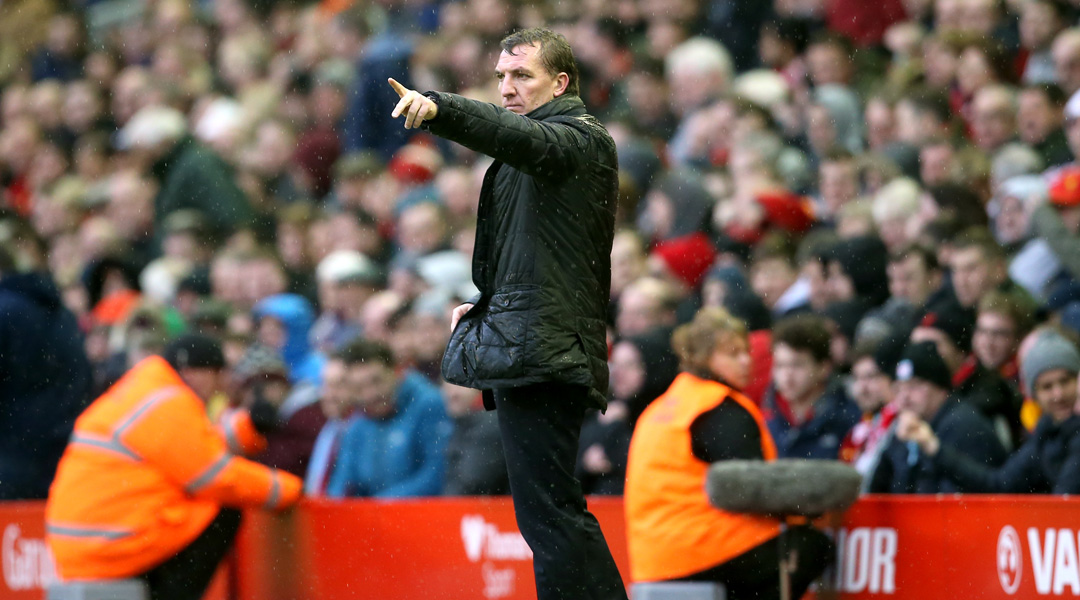
Speaking in June 2013, at the end of his first season at Anfield, Rodgers declared: "I'm looking to bring 20 more goals into the team," a promise he undersold by half as Liverpool increased their output in 2013/14 by 40. Only last week he said: "It’s not rocket science. We haven’t scored enough goals this year. So in the summer we have to try to find goals again. We looked last summer and certainly will again this summer. If we do that we have an opportunity again for next season to be like our second year."
Repeated mixed messages from the manager have translated into performances on the pitch – his footballing vision for Anfield has become lost. After freezing in the headlights in the FA Cup semi-final, his players followed it with two of their most anaemic displays of the season yet at West Brom and Hull.
In these two most recent games Liverpool held 73% and 69% possession, but failed to score or even look likely to. The team has become too predictable, too channelled through the inconsistent brilliance of Philippe Coutinho. The Merseysiders have control on the ball, and the defence looks the strongest it ever has under Rodgers' tenure, but only at the sacrifice of attacking penetration.
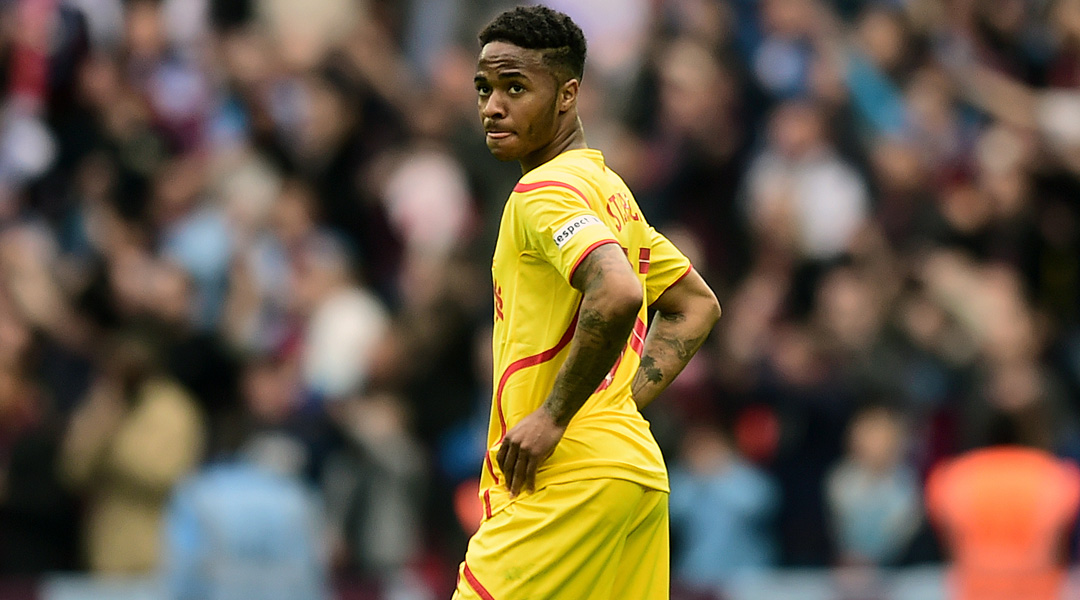
Should Mignolet win the Golden Glove it would be a remarkable personal achievement, and a great testament to the strength of character he needed to pull his Reds career back from the brink.
But in no way will it represent progress or success for Rodgers and Liverpool. Little value is stored in the award: after all, Wojciech Szczesny won it last year.
Liverpool finished second last season by scoring 101 goals, by making themselves flat-track bullies and beating the teams they expected to. This year Rodgers’ side have fallen 22 points off leaders Chelsea because they have failed to replicate that formula. Fear has replaced bravado.
